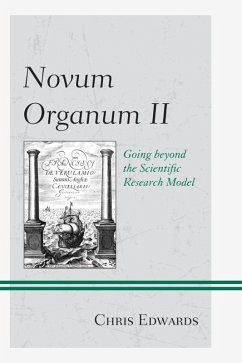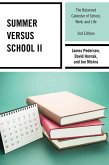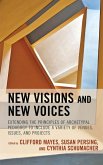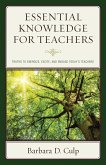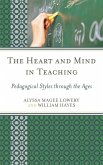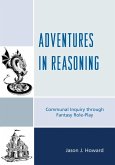In 1620, the British politician and philosopher Francis Bacon published Novum Organum (New Method) and formalized the previously scattershot methods of scientific experimentation into a method able to be replicated. In due time, the Western world would build an intellectual empire on the basis of Bacon's concepts of scientific research. The West's university and its scientific and medical systems all stem from Bacon's philosophy. But after nearly four hundred years; it is time for something new again. In mathematics, theoretical physics, and philosophy, a quiet revolution has begun. Thinkers who can study across disciplines and form analogies, who take seriously the History and Philosophy of Science and its problems of metaphysics and epistemology, have been making impressive breakthroughs. These methods have been, up until now, as random as the process of experimentation was in Bacon's day. This timely book has come to formalize these methods, build upon Bacon's scientific research model, and to ultimately go beyond it.
Bitte wählen Sie Ihr Anliegen aus.
Rechnungen
Retourenschein anfordern
Bestellstatus
Storno

